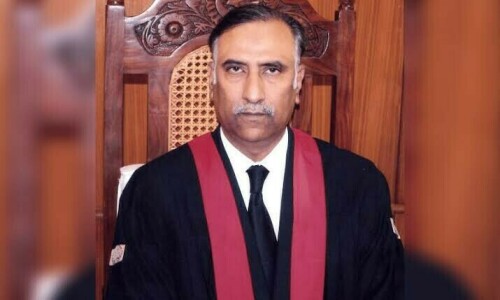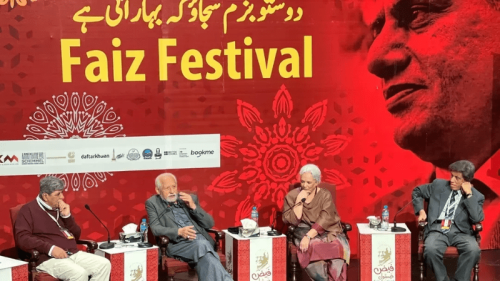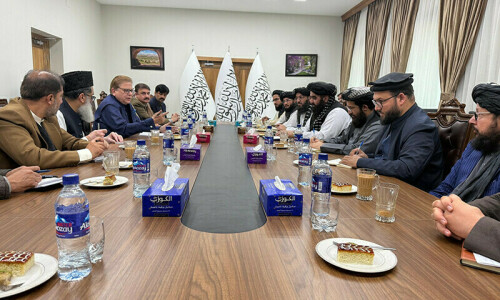THE Punjab Assembly has courted needless controversy, and given that matters of religion are involved, defusing it will be far from straightforward. On July 22, the provincial lawmakers unanimously passed the Tahaffuz-i-Bunyad-i-Islam Bill, which now requires only the governor’s assent to become law. Since then, several legislators from both the treasury and opposition benches have had a change of heart — or undergone a reality check — and are now declaring their opposition to the same. They say they voted for the bill without reading it and fear that if passed into law it will fuel sectarian divides in Punjab. Some treasury members see the entire episode as a ‘conspiracy’ against the PTI government, while a PTI legislator sought forgiveness for having supported the bill. Predictably, the religious lobby is pushing back with its usual straw man arguments. On Sunday, clerics from several Sunni schools of thought met in Lahore to decide on their future line of action. At the press conference that followed, they condemned what they described as “vicious” and “intolerable” attempts “in the name of reservations on this bill” to make the sanctity of holy personages controversial.
The MPAs belatedly expressing their opposition to the bill have behaved in a shockingly irresponsible manner. That they should have voted in favour of a piece of legislation without even reading it is bad enough, but to have done so in a matter that involves the tinderbox of religious sensitivities is truly appalling. A simple reading of the bill’s clauses throws up numerous red flags. If enacted, the law will be a gift to the ultra right and could reverse the gains made in delegitimising violent extremism in society. Consider the fact that Maulana Ahmed Ludhianvi, the leader of the banned sectarian organisation Ahle Sunnat Wal Jamaat, was among the clerics who met on Sunday. Moreover, the bill is designed to shred the concept of freedom of expression by setting up a repressive system of censorship. According to this, one individual, the director general of public relations, will have sweeping powers to stop the publication of any book containing, in his opinion, ‘objectionable’ material. There is another aspect of the legislators’ supine vote in favour of the bill that deserves to be highlighted. Over the years, as the influence of ultra conservative elements in society has grown — even if their numbers in parliament remain limited — acquiescence on religious issues seems the ‘safer’, hence default, option.
Published in Dawn, August 11th, 2020















































